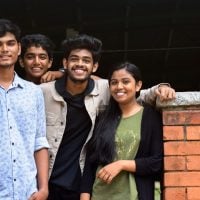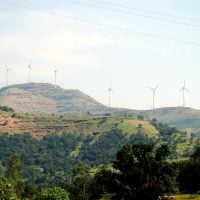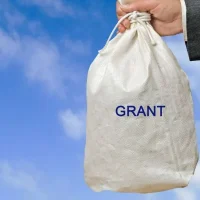Deadline: 31-Aug-2025
Applications are now open to support the creation and management of Local Development Committees in the Kasaï Oriental and Lomami provinces of the Democratic Republic of Congo. These committees will lead the participatory development and implementation of Simple Territorial Development Plans in targeted communities.
This initiative is part of the Integrated Program for Reducing Emissions from Deforestation and Forest Degradation in Kasai-Oriental and Lomami (PIREDD KORLOM). The program aims to combat deforestation and promote sustainable livelihoods in the region.
The main goal is to support the sustainable and inclusive management of natural resources while fostering socio-economic development across 57 communities in Katanda, Tshilenge, Lupatapata, and Kabinda. It does this by using land-use planning tools and introducing payments for environmental services.
The program also aims to improve local governance through the establishment of Local Development Committees, and to enhance the sustainable management of natural resources and local income generation using environmental service payments to fund priority investments.
Thematic areas include local development, community organization, rural community structuring, land planning, forestry and agroforestry, sustainable natural resource management, gender, indigenous peoples, and environmental service payment systems.
The total funding available is €1,713,729 (approximately $1,857,768), divided into four lots based on territory. Each lot has a specific budget: Katanda (€355,386), Tshilenge (€355,386), Lupatapata (€355,386), and Kabinda (€647,571). For Katanda, Tshilenge, and Lupatapata, grants range between €300,000 and €355,386. For Kabinda, the range is between €600,000 and €647,571.
Projects must last at least 36 months and no more than 42 months. Expected results include better governance through inclusive frameworks, effective land-use planning, sustainable forest and savannah exploitation, and resilient farming systems that reduce pressure on natural resources.
To qualify, applicants must be legal entities, either public or non-profit private actors, or foundations. They may also include NGOs, public sector operators, international organizations, universities, or research centers. They must be based in or represented in the DRC and actively involved in managing natural resources, agriculture, rural development, or regional planning. Experience in Kasaï Oriental, Lomami, or similar settings is required.
For more information, visit Enabel.









































